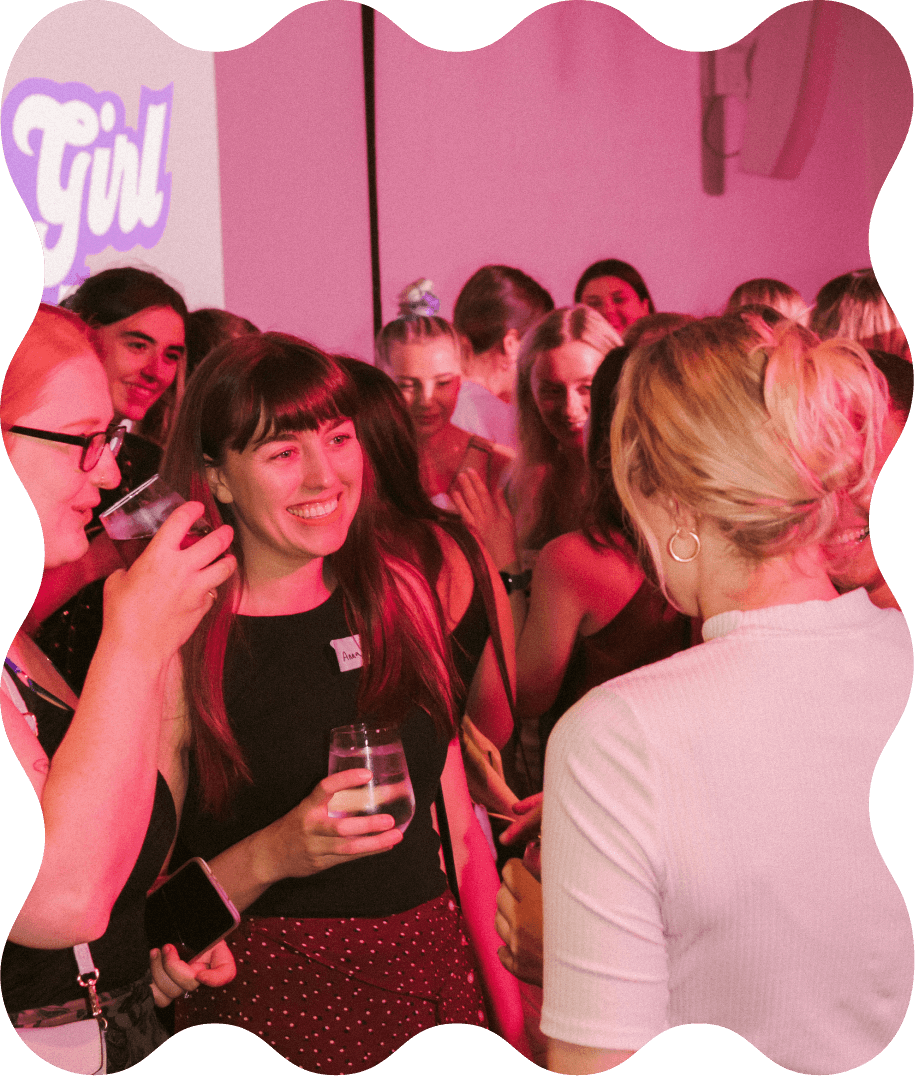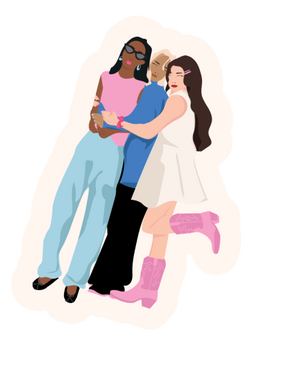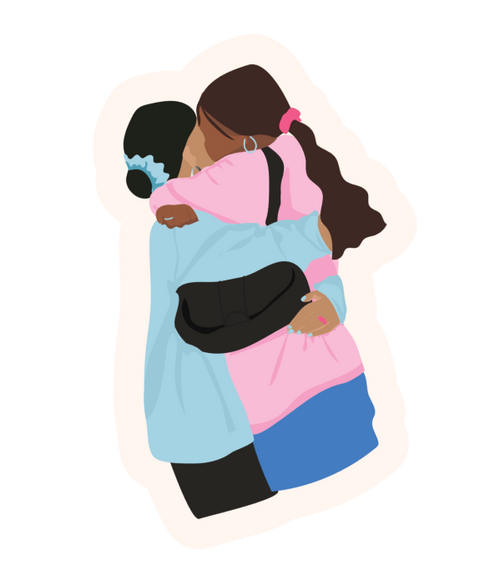Black out or spark out? The scary stats that show how intertwined alcohol and violent crime actually are

Picture the scene: it’s 3.30am on Clapham High Street. Infernos, Vodka Revs and Café Sol have kicked their worse-for-wear patrons out to the street and the road is currently looking like a colder version of the Magaluf strip. A crowd is forming around McDonald’s, which is doling out Big Mac meals to nocturnal customers. A fight breaks out by the door and a bundle of people pile in to divide the brawlers, one bloke lobs chicken nuggets at his adversary as he is dragged away by his mate who is shouting: “It’s not worth it Gary.”
This isn’t fiction. It’s a ridiculous scene I witnessed about 12 years ago. Since then, after hours on the weekends, McDonald’s Clapham High Street has always had security. Why does McDonald’s need two doorman at 3am and not at 3pm? What’s the difference? To put it simply: alcohol.
Alcohol and violent crime – the figures
Amusing anecdotes about wasted nugs aside, the link between alcohol and violent crime is far greater and far more disturbing than any of us really give it credit for. The figures are scary.
The Office for National Statistics reports that between 2017-18 just under 40% of all violent crimes were committed under the influence of alcohol. In England and Wales in 2016/17 a fifth of all hate crimes and incidents of criminal damage were alcohol related.
There is a gender imbalance in the victims of these crimes, with 62% of violence against men involving alcohol and 38% against women.
Booze adds fuel to the fire of a disagreement between strangers with alcohol involved in 64% of any violent incident between people who don’t know each other. For those who do know each other more than half of incidents involve booze and in more than a third of domestic violence cases the perpetrator was under the influence.3
As if that wasn’t bad enough, the situation takes an absolute nosedive when you isolate the figures for evenings and weekends. From 6pm on a Friday to 6am on a Monday 70% of all violent crime is alcohol related. While we’re up to a staggering 83% if you just look at violence between 10pm and 6am.
Scarier still is the realisation that offenders are rarely tested for alcohol when arrested for a violent crime (except in specific drunk and disorderly cases like drink-driving), so these figures could easily be an underestimate.
Plus, there will be thousands of incidents of violence that aren’t severe enough for a hospital visit (or are but person is too anaesthetised by alcohol to notice) and are never reported to the police.
I drank for twelve years before establishing my sobriety. In my tenure as a raging drinker, I can recall several occasions where violence made a cameo in my boozy nights. And that’s just the times I recall.
Very occasionally I was an active party, but what was more likely, was that a friend or acquaintance or drinking buddy I’d attached myself too in a club would somehow end up in a brawl with a stranger.
On one of my regular forays into binge-drinking my date for the evening got into a physical fight with another man who had expressed an interest in me.
Drunken-me saw this as my main character moment and I dramatically thrust myself between them in an attempt to break-up the fisticuffs. The fisticuffs continued and I emerged with a black eye and mild concussion.
I have many of these stories – although sadly this is the only one where two men fancy me.
That black eye hurt, I had a raging headache, but I was too drunk to think it through. Thankfully in that incident no serious damage was done but the same can’t be said across the board.
Just Google “One-punch deaths” if you want to see how badly wrong an alcohol-soaked argument can go for all parties.
It would not be scientifically accurate to conclude that every single violent crime committed under the influence of alcohol wouldn’t have happened if there’d been no booze. Some people are idiots both drunk and sober.
But we can safely say that in the absence of alcohol, they would be greatly reduced.
So what can we do? The most effective way of preventing crime is not by telling people how to protect themselves, but by helping the perpetrators deal with their issues, preferably before there’s any damage.
If you’re a person who is prone to anger and violence, particularly when drinking, please reach out and speak to someone about it.
You’re not the only one – I’ve thrown a few drunken punches in my time – but the shame and the potential pain you could cause another person are just not worth it.
There are therapists, support groups and charities for you, but while you work it out, cutting down on alcohol is the best option.
Something we can all do is stop allowing these actions to be part and parcel of a night out.
We need to stop glorifying binge drinking and stories of drunken bust-ups.
The lad and ladette culture of the 90s is on the way out, but it’s cast a nasty shadow on our modern drinking behaviours.
We need to make it clear that drinking to that level isn’t funny or clever or “all part of the uni experience”. It’s not “just how everyone drinks in this industry”. It’s dangerous. It’s dangerous to yourself but also to those around you.
It’s time to reclaim funny, enjoyable and sexy. Don’t let anyone trick you into thinking sensible isn’t sexy. It’s far sexier than a trip to A&E and an ABH charge.
Let’s all make a pledge for 2021, the best nights out will end in our beds, not the blue mattress of a police cell or the waterproof mattress of your nearest hospital.
Written by Lauren Windle
Lauren Windle is a journalist, presenter, and author. She’s been sober since April 2014, has a Masters in Addiction Studies from King’s College London and runs a support programme for anyone seeking recovery from addiction in West London. You can connect with her on Instagram and Twitter @_Lauren_Celeste.











